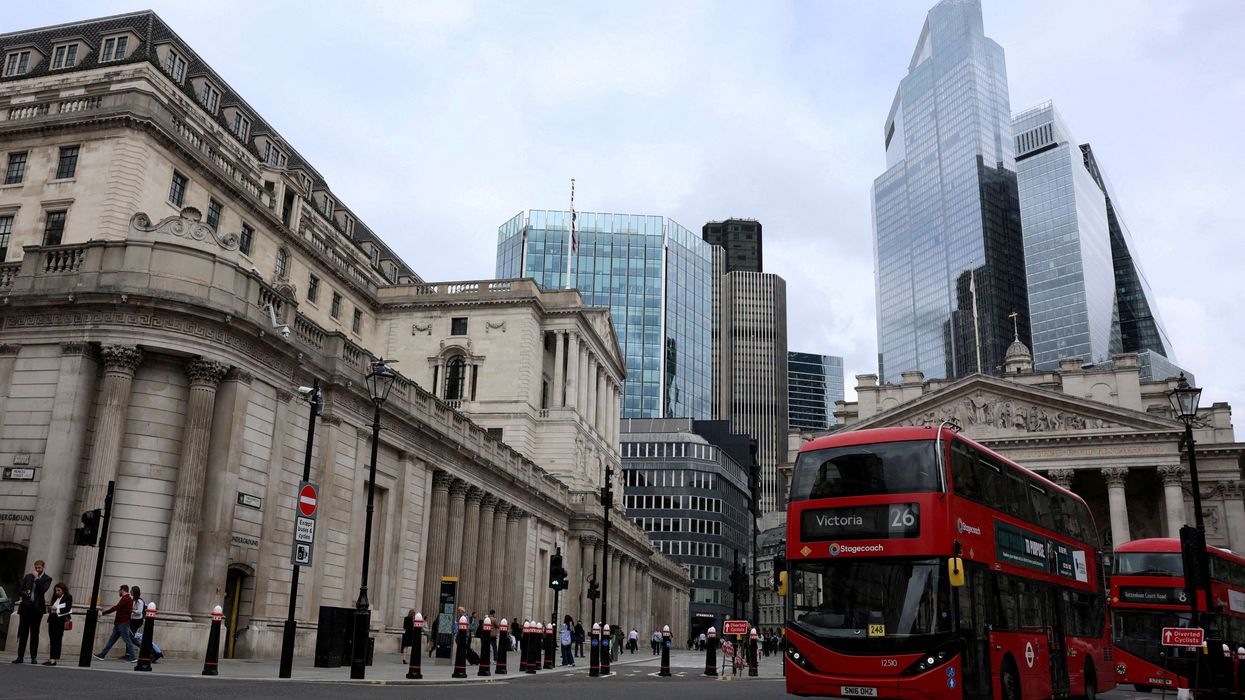THE BANK OF ENGLAND (BoE) left its key interest rate unchanged at 4.0 per cent on Thursday, choosing not to cut rates ahead of the UK government’s annual budget later this month, which is expected to include tax rises.
"We still think rates are on a gradual path downwards, but we need to be sure that inflation is on track to return to our two per cent target before we cut them again," BoE governor Andrew Bailey said in a statement after the widely expected decision.
In a close outcome, the Monetary Policy Committee voted 5–4 to hold the rate, with Bailey among those in favour of maintaining it. Four MPC members called for a reduction to 3.75 per cent.
UK annual inflation stands at 3.8 per cent and economic growth has stalled.
A rate cut could have eased pressure on prime minister Keir Starmer’s Labour government after finance minister Rachel Reeves on Tuesday prepared the ground for tax hikes in her 26 November budget.
The chancellor of the exchequer warned of "necessary choices" as Britain deals with high debt and inflation.
"As I take my decisions on both tax and spend, I will do what is necessary to protect families from high inflation and interest rates," Reeves said in a speech.
When the BoE cuts rates, retail banks in Britain typically pass reductions on to customers, lowering the cost of mortgages and business loans.
Outlook stays uncertain
The BoE last cut its key rate in August over concerns about the impact of US tariffs on the UK economy.
It marked the bank’s fifth cut since it started reducing borrowing costs in August 2024, one month after Labour won the general election.
BoE minutes from the latest meeting did not give "strong hints that rates will be cut" at the next meeting in December, according to Capital Economics chief UK economist Paul Dales.
"Much will depend on what is in the budget and also whether... (UK economic) releases between now and that meeting give the MPC more confidence that inflation is falling as it expects," he said.
Reeves this week did not rule out rises to income tax and value added tax, amid speculation that at least one of them could go up in the budget to support investment in public services.
She increased a tax on businesses in her first budget last year, a move that has been cited as a factor in Britain’s weak economic growth.
UK gross domestic product slowed to 0.3 per cent in the second quarter, after 0.7 per cent GDP growth in the first three months of the year.





